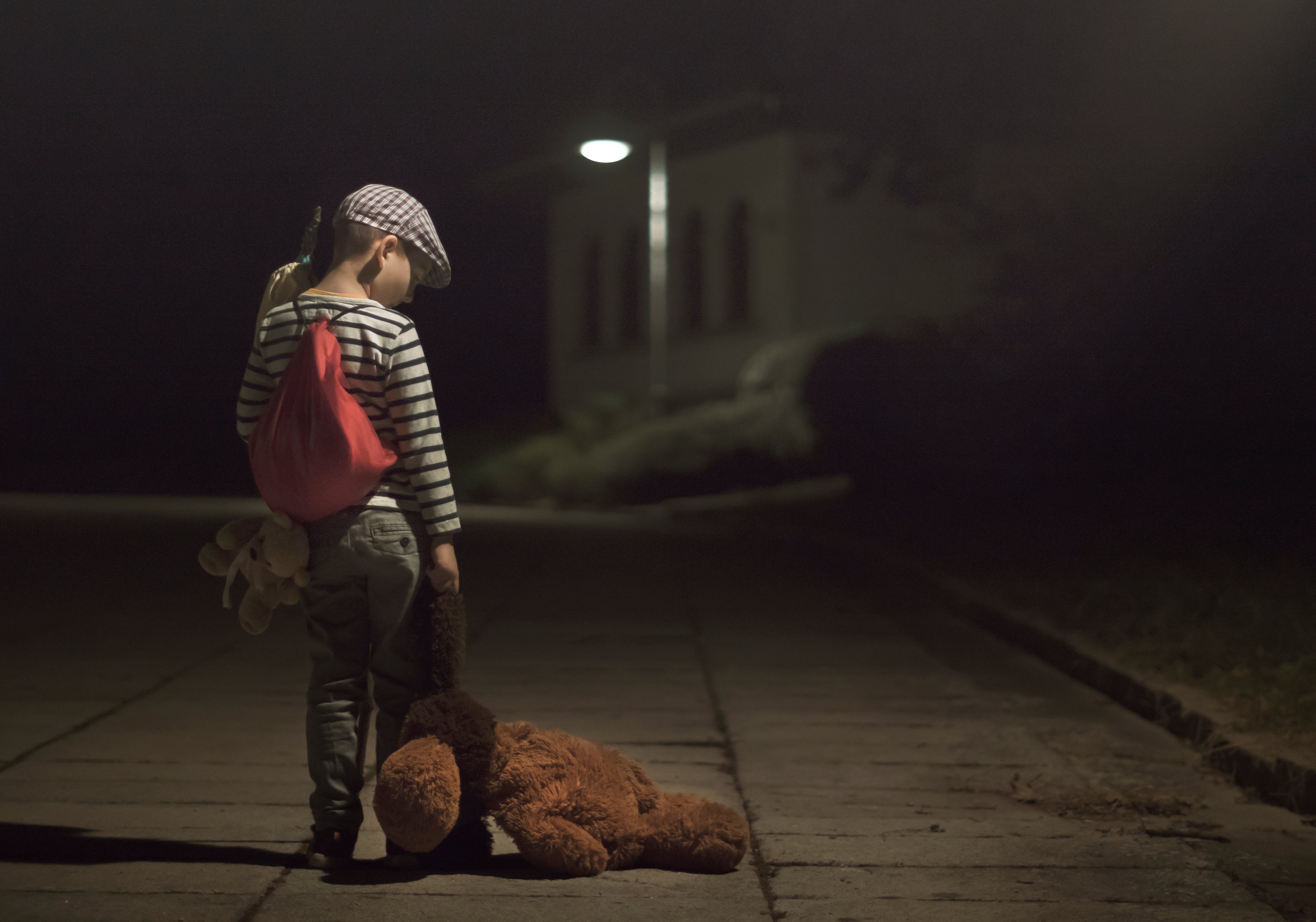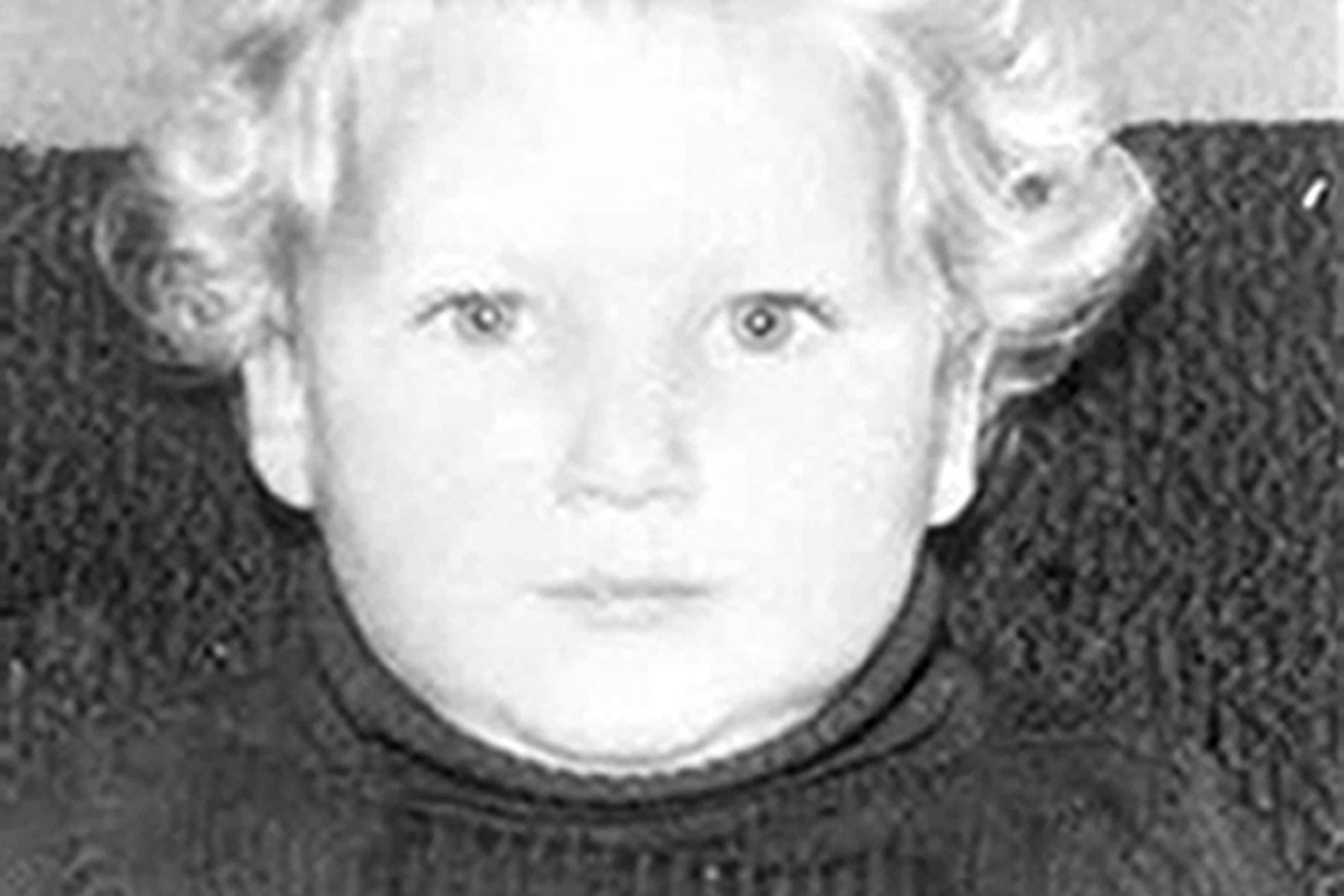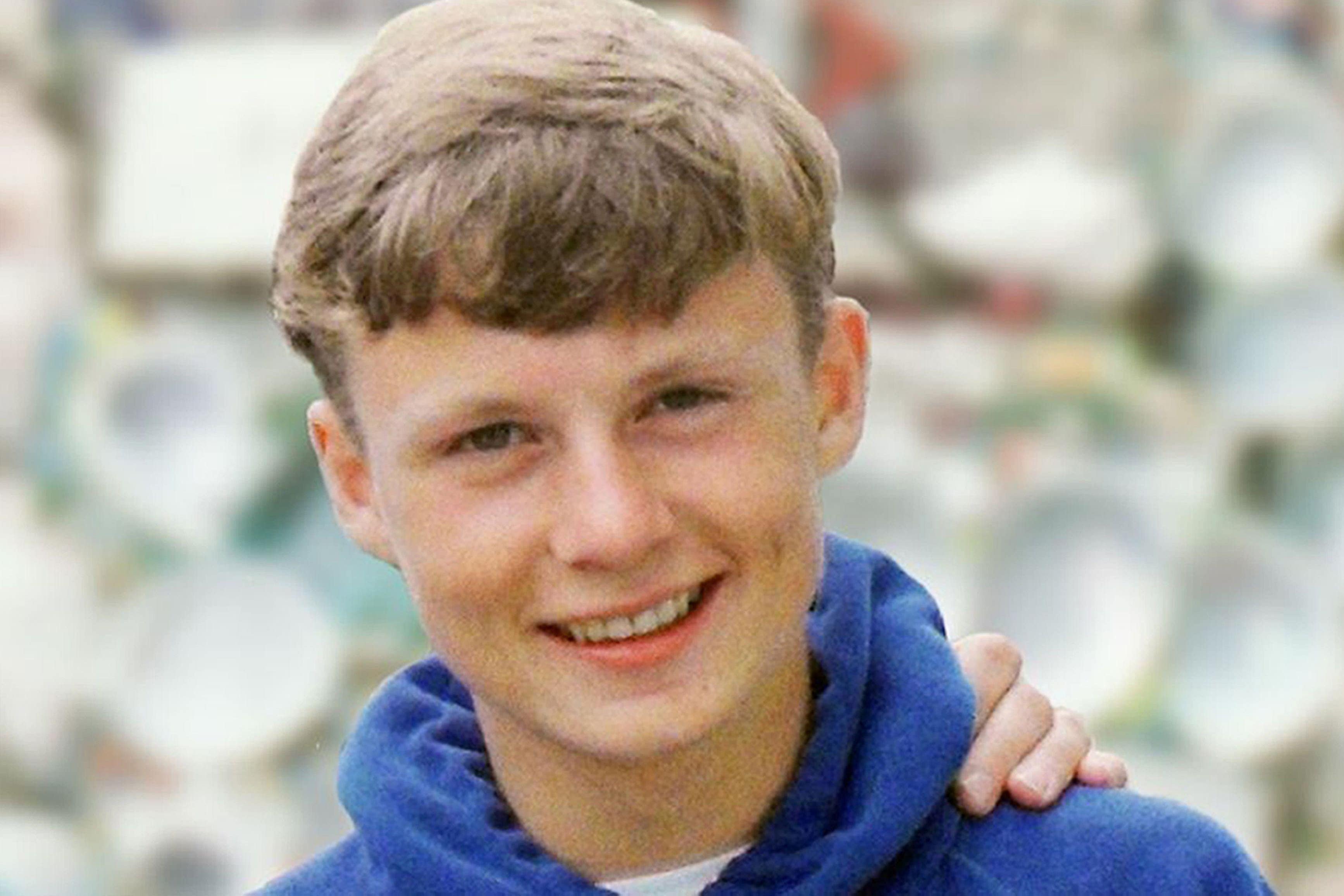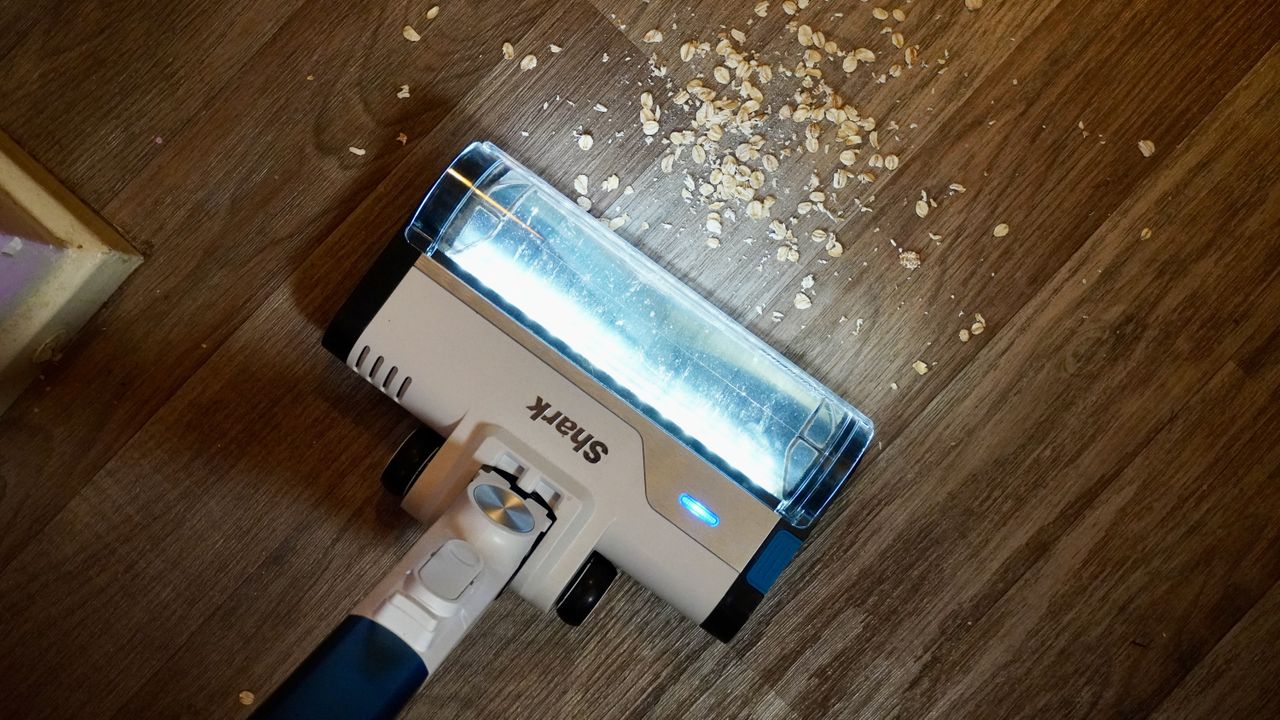- Independent Premium
- Voices
It’s 30 years since Andrew O’Hagan wrote his debut book ‘The Missing’, but he has never forgotten the desperate people he met and the heart-shattering stories that never had an ending. It’s why, today, he is backing The Independent’s SafeCall campaign, to provide a lifeline for those in crisis who don’t have anyone to turn to
Saturday 22 November 2025 06:00 GMTComments
 CloseThe Independent launches its SafeCall campaign to help reach every missing child
CloseThe Independent launches its SafeCall campaign to help reach every missing child
For free real time breaking news alerts sent straight to your inbox sign up to our breaking news emails
Sign up to our free breaking news emails
Sign up to our free breaking news emails
 Email*SIGN UP
Email*SIGN UPI would like to be emailed about offers, events and updates from The Independent. Read our Privacy notice
I still dream of the people in my first book, The Missing. I still see them, the children who returned home and those who did not, the lost who haunted us for a week, a few months, or sometimes for years rolling up to the present day, the disappeared whose vulnerability I wished to highlight three decades ago when I wrote that little book.
It all started for me in 1973, when a child on a neighbouring housing estate in Scotland, a boy called Sandy Davidson, simply vanished one day. At first, it didn’t seem possible that a child could go missing in broad daylight, but we learned that it happened quite often, and Sandy became a symbol for us of something unknowable, a twilight world of social fragmentation or victimhood, a fear I never forgot.
Less than 20 years later, as a young writer in London, I began looking for the stories of missing persons. At night in Soho, I would spend hours with runaways and loners, then I would travel up and down the country, talking anonymously to young people who were missing from home.
 open image in galleryAndrew O’Hagan’s interest in the plight of missing children was sparked when he was a youngster, when a boy went missing from a neighbouring housing estate in Scotland (Getty/iStock)
open image in galleryAndrew O’Hagan’s interest in the plight of missing children was sparked when he was a youngster, when a boy went missing from a neighbouring housing estate in Scotland (Getty/iStock)I can still see one of them, Angel, crouched in a doorway at the end of a long and harassing day. She wanted to be famous; she also yearned to be normal, but a few things had gone wrong in her life, and she was compelled by the notion that she couldn’t go home again. She wished she could phone them, but she didn’t know how. The connection was hard to make.
At that crucial point, I discovered, vulnerable people can fall through the net. What might have been a temporary blip, just one of life’s things, can become a limbo of unbelonging and perpetual threat. I remember turning up in Gloucester and finding my way to a street full of media vans and reporters. The bodies of young women had been found in Cromwell Street, and many had been buried for years. The married couple in the house were arrested. Day by day, after the hoopla, the media thinned out; they’d got their stories about Fred and Rosemary West, about the terrible abuses, the methods of disposal and all the macabre details the tabloids wanted.
Recommended Taheen Modak makes plea to help missing children as actor backs The Independent’s SafeCall campaign
Taheen Modak makes plea to help missing children as actor backs The Independent’s SafeCall campaign At 16, I was cold, wet and homeless – I wish I’d known help was out there
At 16, I was cold, wet and homeless – I wish I’d known help was out there SafeCall campaign receives more than £35,000 in donations during first week
SafeCall campaign receives more than £35,000 in donations during first week
But I stayed on in the street. I felt there was a question that none of the reporters were asking, a question about the missing girls that might take us to the heart of a problem in modern Britain. Eventually, it was just me in front of 25 Cromwell Street and a lone policeman beside the wilting flowers. “You’re still here,” he said.
“I have a final question. Just one.”
“It’s an ongoing investigation.”
“Final one,” I said. “Of the 12 women they’re talking about, the dozen mentioned as likely victims, why were so few of them reported as missing?”
“That’s the question, isn’t it?” he said.
“They had families. They had communities. But nobody noticed.”
They were the missing, and they are still a fact of life in Britain today. But safeguarding such people should be easier now. It just takes a little thought. A little invention. And The Independent is behind a campaign to do that work, to end the heartbreak for thousands of families desperate to hear from the missing in their lives. Very often, all it would take is one phone call or one text message, but – when you understand the stories, when you see the complex situations involved – these very vulnerable people need help.
Home is a dream for some people, and home is a haven, but for others, home is where the heartbreak is. Helping such people to safety, and helping them not to become permanently lost, is a task that is firmly graspable, if only we’ll put out a hand.
 open image in galleryThe case of Sandy Davidson, who vanished in 1973, triggered Andrew O’Hagan’s interest in helping to find missing children (Police Scotland)
open image in galleryThe case of Sandy Davidson, who vanished in 1973, triggered Andrew O’Hagan’s interest in helping to find missing children (Police Scotland)George Baroli was sitting on a park bench near Embankment. He’d had mental health troubles but had been decanted from hospital. He couldn’t remember his family’s phone number, and was so out of condition that he didn’t know his way home, or how to fathom the past that had led to his very confusing present. Unlike those of us who take for granted at Christmas the stable home and the family waiting there, George had no sense of where to go, no phone on him, and no numbers in his head, and it is then, surely, I thought, that we step in and help him reconnect and rebuild, or reinstate, or begin again. Missing people are often just one good call away from the help that would change everything. If people have no one to turn to, perhaps they might turn to us, to those who believe that no one is beyond help.
They say that charity begins at home. But for me, charity is a sort of home, a place of comfort and rescue for those who are lost. There is presently no single port of call for missing people in Britain to reach out to for help.
SafeCall will fill that gap: a place for people who are cut off for whatever reason; a place to call or message, to gain information, advice, or the sort of direct help that can prove to be a lifeline for people in trouble. For just £10, you can get a child to safety. During this Christmas season, The Independent, in partnership with the charity Missing People, is launching SafeCall. Families and caregivers all over Britain know that vulnerability can only be met with protection. I’ve seen it a thousand times. The help that a missing person needs might simply be a matter of having someone to turn to, a hand to reach out to that might lift them out of limbo and back to safety.
 open image in galleryLee Boxell went missing in 1988, aged 15, and never returned (Metropolitan Police)
open image in galleryLee Boxell went missing in 1988, aged 15, and never returned (Metropolitan Police)The Missing was 10 books ago for me. But I will never forget, near the end of my research for that book, travelling to Cheam to meet the family of Lee Boxell, a 15-year-old boy who had gone out one Saturday morning in 1988 and never returned. Lee was a bright, pop-loving, smiling kid who might have been headed to Selhurst Park to watch football that day, but he was never seen again.
Five years had passed at the time of my first visit. His mum and dad were heartbroken: Lee had vanished, their beautiful boy, and, amid all the possibilities, they clung to the possibility that their son had suffered amnesia that day or got into trouble and run away, and that maybe he or someone close to him could just drop them a message.
During my first visit, his mum showed me up the stairs to his room that day, and it was unchanged, the walls still covered in posters and his pencils and football scrapbooks by the bed. Lee’s dad told me he’d been given information that someone who looked like Lee might be working on a market stall in Brixton. He went there and it wasn’t him, but he wished it was, so desperate was he to hear something, anything from the son he missed so badly. “This boy was so like him,” Mr Boxell said. “I was beginning to think maybe I should ask him to come and live with us; he was so like him. Just come here and be our son.”
SafeCallAndrew O’Hagan is a novelist who has three times been nominated for the Booker Prize. He is editor at large of the London Review of Books and a fellow of the Royal Society of Literature. He has donated his fee for this article to The Independent and Missing People’s campaign to raise money for SafeCall – a free service to help find new, safe futures for vulnerable children
Donate here or text SAFE to 70577 to give £10 to Missing People – enough for one child to get help.
For advice, support and options, if you or someone you love goes missing, text or call Missing People on 116 000. It’s free, confidential and non-judgemental. Or visit: missingpeople.org.uk/get-help
More about
SafeCallmissing childrenBritainThe IndependentJoin our commenting forum
Join thought-provoking conversations, follow other Independent readers and see their replies
Comments



